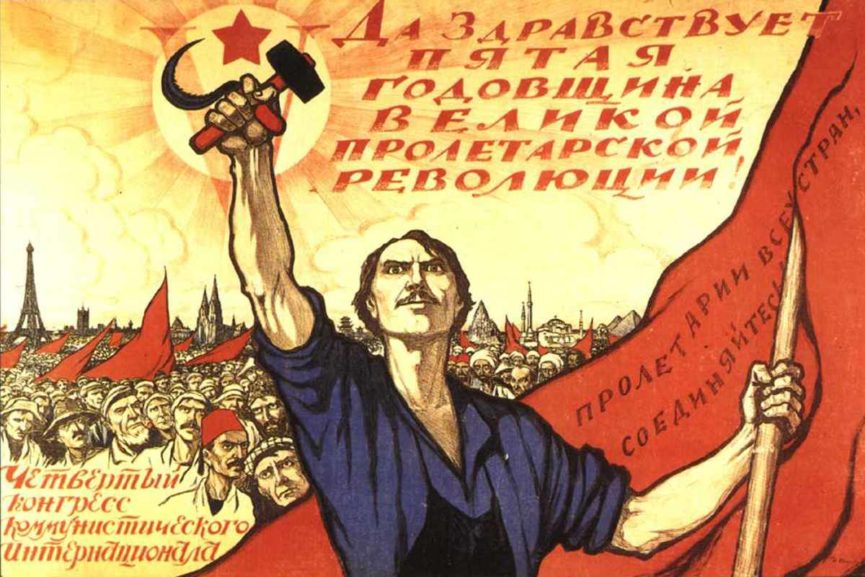Title II ‘Net Neutrality’ May Be Repealed
Internet service providers all across the fruited plain are awaiting December 14, 2017 with bated breath. On that date, the Federal Communications Commission will vote on possible repeal of Title II classification of the internet as a utility and ISPs as ‘common carriers’. Under Title II, ISPs are subject to regulation like land-line telephone services. The rules are often said to promote ‘net neutrality’.
A repeal ruling would revolutionize digital communications, though observers disagree vociferously about whether it would improve or degrade them.

What is ‘net neutrality’?
In theory, ‘net neutrality’ seems unassailably right. As described by its supporters, it is the concept that ISPs should treat all data alike. They could neither slow or block disfavored content, nor accept payment for speeding other content. Without the rules, proponents say, an ISP might block or slow content from political opponents or market competitors. Comcast, for example, might throttle streaming of DirecTV.
‘Net neutrality’ is said to be necessary for a free and open internet.
What do the critics say?
Critics of the regulations say there has never been a convincing case that they’re needed. They point out that from 2005 to 2015, before the Title II web rules went into effect, average consumer data speeds surged by more than 1000% while internet traffic soared exponentially. Opponents of the rules argue that market forces will prevent abuse. If Comcast does throttle DirecTV streams, the cable system will lose credibility and alienate its customers. Comcast subscribers will then seek other providers.
What are the odds?
After December 14, we are likely to find out which view is correct. Given the partisan composition of the FCC (three Republicans, including chairman Ajit Pai, and two Democrats), a vote for repeal is nearly a foregone conclusion.
Since his appointment as FCC Chairman, Pai has often criticized the Tie II web rules. And on November 21, he issued a draft order to schedule the repeal vote.
How does this affect you?
If you have HughesNet service, you’ve nothing to worry about. We do not have a video division, and we don’t block or throttle any content.
(For the most reliable internet connection, talk to us. we can help.)


